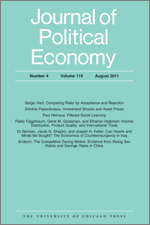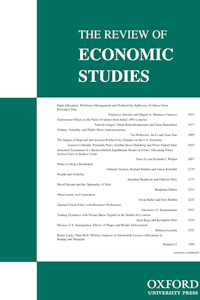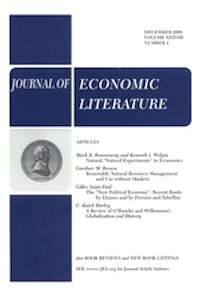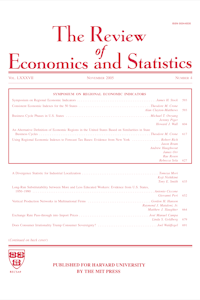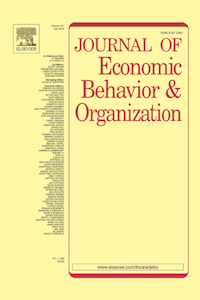
Chaudhary, L., Rubin, J., Iyer, S. and Shrivastava, A.
Culture and Colonial Legacy: Evidence from Public Goods Games
Journal of Economic Behavior and Organization
Vol. 173 pp. 107-129 (2020)
Abstract: We conduct a public goods game in three small towns in the Indian state of Rajasthan. Due to historical military conquest, until 1947 these towns were on opposite sides of a colonial border separating British India from the Princely States. Our research design offers a treatment comparison between the towns of (British) Kekri and (Princely) Sarwar, and a control comparison between Princely Sarwar and Shahpura. We find that participants from (British) Kekri are more co-operative in mixed-town groups. The differences are driven by individuals with family ties to the towns, highlighting the enduring effects of colonial rule on co-operation norms.
Keywords: cultural transmission, colonialism, public goods game, natural experiment, lab-in-the-field experiment, India
JEL Codes: C91, C93, C71, H41, H73, N35, N45, O17, Z10
Author links: Sriya Iyer
Publisher's Link: https://doi.org/10.1016/j.jebo.2020.03.005 ![]()
Cambridge Working Paper in Economics Version of Paper: Culture and Colonial Legacy: Evidence from Public Goods Games , Chaudhary, L., Rubin, J., Iyer, S. and Shrivastava, A., (2018)

